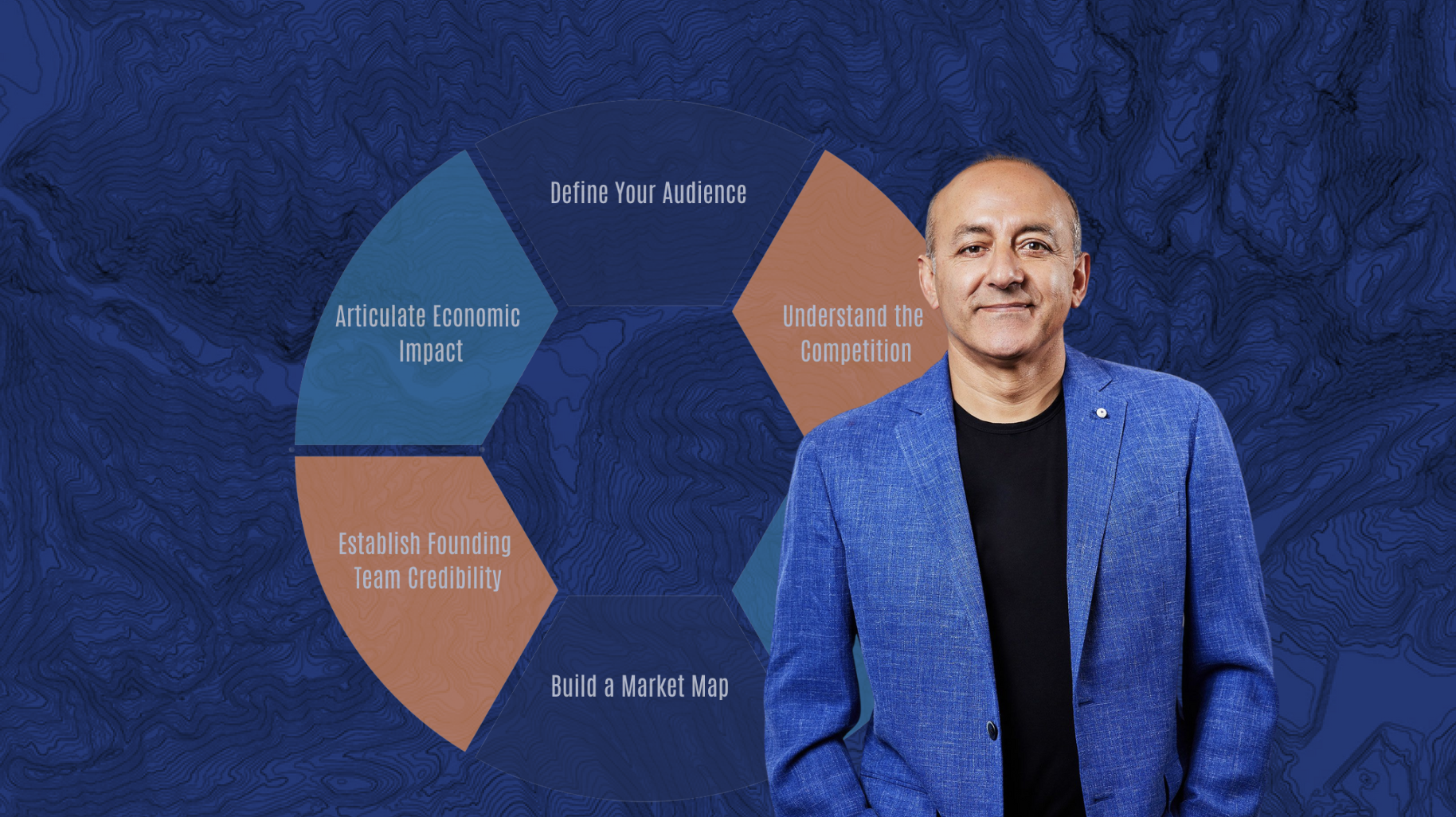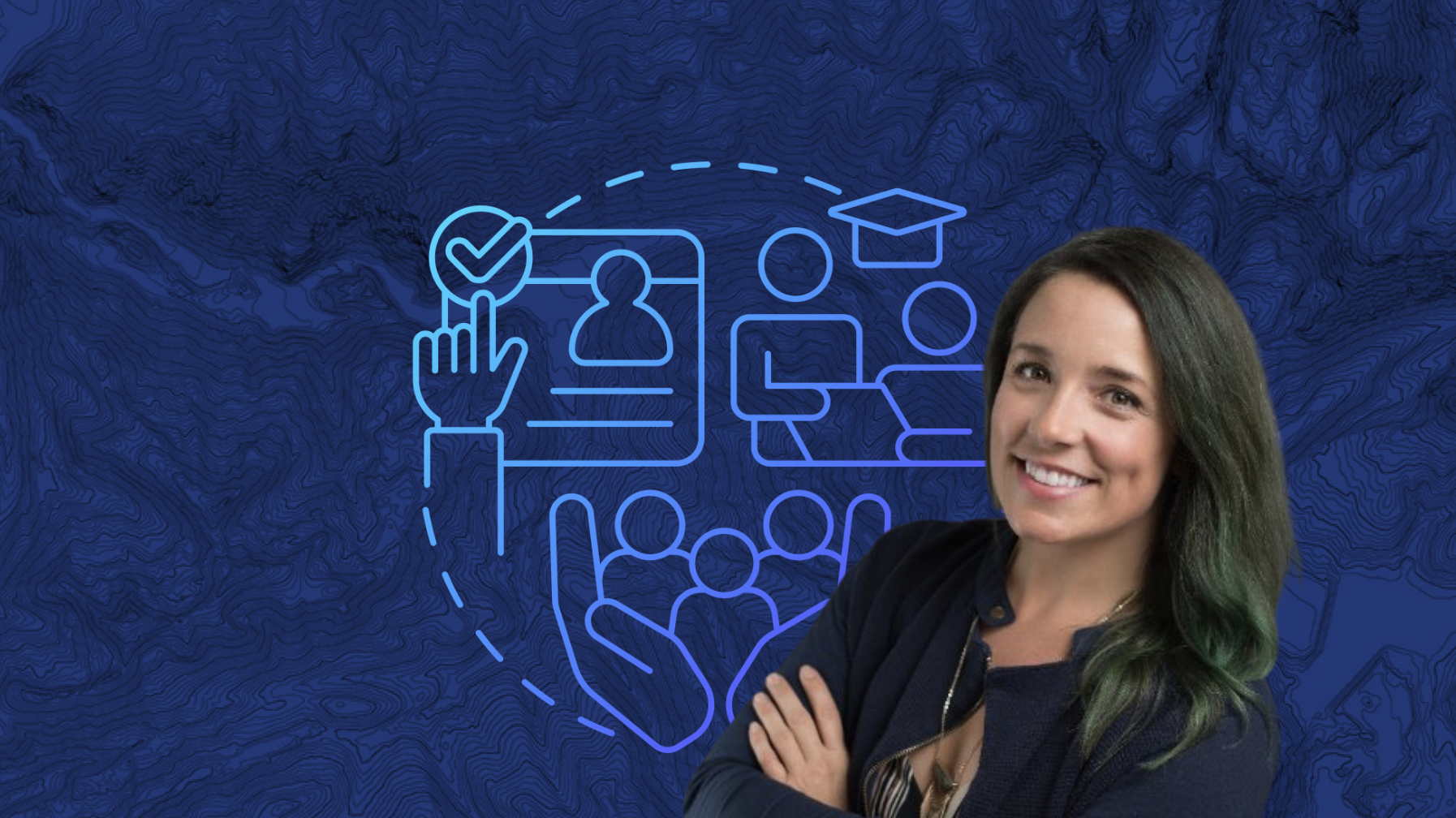Hiring your first B2B Account Executive (AE) is an important decision for any early-stage startup. The correct AE can help you establish your sales motion, build a foundation for future growth, and validate your go-to-market strategy. But finding the perfect fit requires careful planning, clear expectations, and a structured onboarding plan.
Here’s how to get it right.
What to Look For in Your First AE
Hire for Hustle and Adaptability
Your first AE is not just selling your product—they’re building your sales engine. The ideal candidate thrives in ambiguity, wears multiple hats, and can iterate quickly based on market feedback. They should be scrappy, willing to roll up their sleeves, and capable of pivoting as your startup grows.
While industry experience is helpful, prioritize someone who can quickly and deeply understand your product, market, and customer pain points.
Hunter Mentality
In sales, a "hunter" refers to a salesperson who actively seeks out new leads and closes deals through aggressive prospecting and cold calling, while a "gatherer" is more focused on nurturing existing relationships and finding new opportunities within established accounts. While both are great skills, your first AE needs to be focused first on hunting and building pipeline.
Prioritize candidates who are comfortable with cold outreach, prospecting, and actively identifying new leads.
Prioritize Relationship-Building Skills
In B2B sales, relationships drive deals—especially in the early days. Your first AE should excel at building trust and credibility with prospects. They’re not just closing deals but partnering with customers to validate your solution. Turning your early customers into brand advocates is a massive advantage. Startups often need to tap into their customer base for reference calls for prospects and future investors.
Look for someone who understands the nuances of a long and often bumpy sales cycle and has the patience to nurture relationships while maintaining urgency to drive results.
Stage and Complexity Experience
The salesperson should have early-stage experience and have sold solutions with similar complexity. Someone who has sold a very transactional product or solution in the past will struggle to sell up the market without guidance. Similarly, someone who has only sold enterprise might lack the skills to develop a high-velocity selling strategy.
Great Communicator
Your first AE also needs to be able to provide feedback to the founders, marketing, and product on what prospects are saying and what they need.
Common Pitfalls to Avoid
-
Overvaluing Big Company Experience
Candidates from large organizations may struggle to adapt to a scrappy, resource-constrained startup environment. -
Neglecting Cultural Fit
Your first AE may not own, but it will help shape your company’s future sales culture. Make sure they align with your values and work ethic. -
Expecting Immediate Results
Sales cycles take time, especially in B2B. Be realistic about ramp-up time and provide the support they need to succeed.
A 30-60-90 Day Plan for Your First AE
Hiring the correct AE is only half the battle. You also need to ensure they’re set up to succeed with a clear plan for their first 90 days.
First 30 Days: Laying the Foundation
-
Deep Dive into the Company: Train them on your product, value proposition, competitive landscape, and target customers.
-
Sales Process Training: Teach them your sales methodology, lead qualification process, and CRM tools.
-
Team Integration: Introduce them to key stakeholders and immerse them in the company culture.
-
Customer Insights: To build context and share customer pain points, past deal stories, and testimonials.
-
Industry Research: Equip them with a thorough understanding of market trends and competitors.
Next 30 Days (Day 31–60): Engaging the Market
-
Lead Generation: Begin prospecting through email outreach, cold calls, and networking.
-
Refining Sales Pitches: Develop and test tailored pitches for specific customer segments.
-
Customer Discovery: Conduct discovery calls to understand and map customer needs to your product.
-
Product Demos: Deliver compelling demos showcasing how your solution solves key pain points.
-
Pipeline Development: Actively track leads, opportunities, and next steps in the CRM.
Final 30 Days (Day 61–90): Delivering Results
-
Closing Deals: Negotiate contracts and close initial sales to prove early traction.
-
Building Relationships: Develop strong relationships with new customers to ensure retention and satisfaction.
-
Forecasting Sales: Begin predicting future revenue and sharing insights with leadership.
-
Analyzing Performance: Review key metrics to identify areas for improvement and refine the sales playbook.
-
Continuous Learning: Stay updated on industry trends and adjust strategies as needed.
Hiring your first B2B AE isn’t just about finding someone to sell—it’s about building the foundation for your startup’s growth. The right candidate will be a blend of hustler, strategist, and relationship-builder who thrives in an early-stage environment. By pairing the right hire with a structured onboarding plan, your company will be on the path to scalable success.


